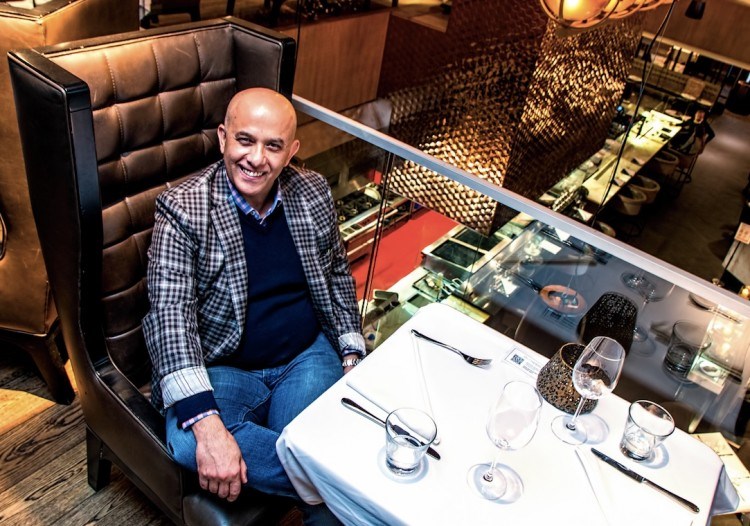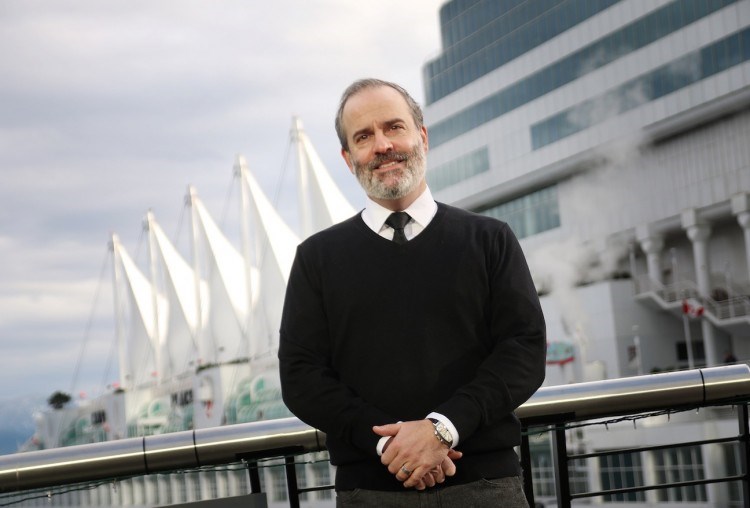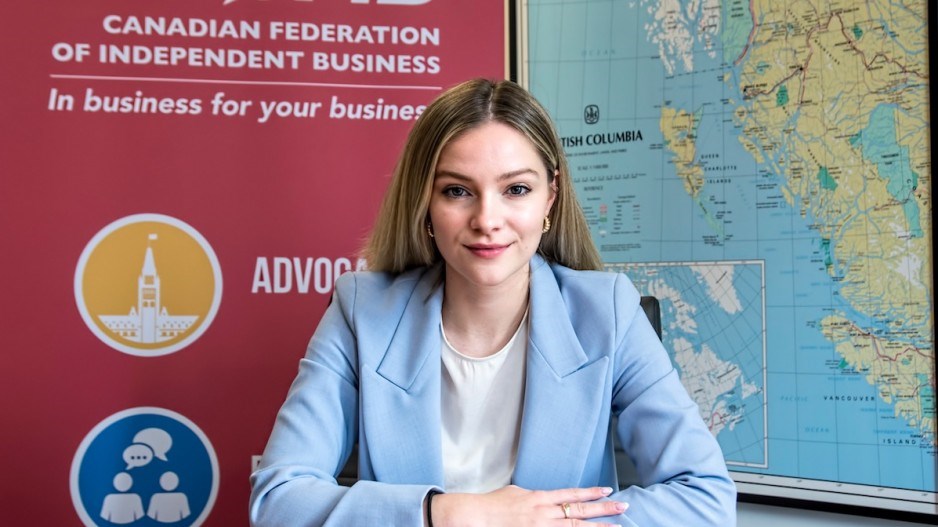Business has been brisk at Emad Yacoub’s 10 Glowbal Group restaurants, even with inflation increasing his customers’ cost of living.
His experience is typical of many in B.C.’s rebounding tourism and hospitality sector.
Yacoub is wary, however, about hiking his menu prices to fully account for rising food costs that have hurt his profit margin. He also needs to pay workers higher wages in order to keep them.
What makes rising wages a double whammy for restaurant owners is that they not only have to pay more money to staff, but they also have to pay the government more in tax.
Industry insiders usually mention provincial payroll taxes – officially called the Employer Health Tax – as the top grievance they hope the provincial government will address in the 2023-24 budget, scheduled for release Feb. 28.
The way the tax works is that restaurant owners tally up all employee costs, including tips and benefits, for each specific restaurant that they own, and if the total cost for a year is less than $500,000, they do not need to pay any payroll taxes. If their payroll is between $500,000 and $1.5 million, they pay 2.925 per cent on the amount of payroll that is above $500,000. If their employee compensation is above $1.5 million, they must pay 1.95 per cent on their entire payroll.
Yacoub said he pays about $450,000 per year on payroll taxes.
“It’s $40,000 for this restaurant, and $50,000 on that one – $60,000 on another one,” he said.
“The minute that the minimum wage went up, that put pressure on the restaurants, as they have higher payroll taxes.”
Yacoub would like to see the payroll-tax exemption limit, and each threshold, increased. If that cannot be done, he would like the province to reduce payroll-tax rates.

British Columbia Restaurant and Foodservices Association CEO Ian Tostenson echoed Yacoub’s concerns.
“We’ve got the lowest exemption limit in all of Canada,” he said. “So that’s No. 1.”
He added that the province could provide more money to WorkSafeBC to lower the premiums that businesses have to pay.
He would also like Victoria to create a position or small department within the Ministry of Labour that is specifically tasked with ensuring a steady future labour supply.
The province has said that it expects there to be one million job openings in the next decade.
Canadian Federation of Independent Business B.C. policy adviser Emily Boston suggested that the provincial government could provide grants or tax credits to companies that spend on innovation.
A restaurant that invests in a kiosk where customers can place orders, for example, could then be entitled to some financial benefit.
She said she likes the idea of using much of the current fiscal year’s anticipated $5.7 billion surplus to pay off debt, because a higher provincial debt will require higher interest payments that would rob B.C. of potential future spending.
“Public debt crowds out private investment,” she added, because when the government borrows money to spend in the economy, it competes with the private sector for capital. The resulting economic stimulus can also drive up the cost of capital, she said, as it is more likely to court interest-rate hikes.
Tourism-sector executives, such as Destination Vancouver CEO Royce Chwin and British Columbia Hotel AssociationCEO Ingrid Jarrett, told BIV that they would like to see more provincial money spent on larger issues such as the green economy, through investments in more electric-vehicle charging stations.

They also both mentioned more money for worker training as something that could help their sector.
One specific ask from Jarrett is to have B.C. invest in the Check In Canada booking system that enables potential visitors to easily find desired hotels.
Chwin’s organization is largely funded by the province’s three-per-cent municipal and regional district tax (MRDT), which is charged on hotel rooms in Vancouver. He said he would like to see the province protect that tax and the revenue it generates for destination marketers such as his organization.
The City of Vancouver has separately applied to have a new and temporary 2.5-per-cent Major Events MRDT to generate money to help pay for FIFA World Cup 2026 expenses.
Chwin said that in his previous role, as Travel Alberta CEO, he watched the Alberta government “unwind” a similar tax system – a “slap on the face” to industry that hurt the province’s ability to attract visitors.
He added that he wants the B.C. government to protect funding for its own tourism marketer, Destination British Columbia.
That organization, he said, is “often going to provide the front wave of destination promotion, or marketing for the province, or partnership dollars, and the kinds of things that Destination Vancouver can invest in, and leverage to get a greater return on investment for Vancouver.”
Destination British Columbia is part of the B.C. government so it does not comment on what it wants from the provincial budget.



